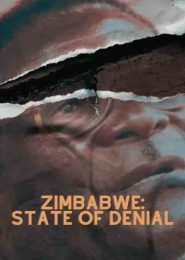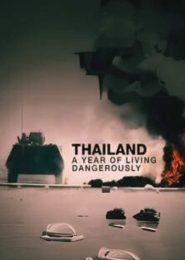Nicaragua: A Nation’s Right To Survive (1983)
In 1983, John Pilger crafted a documentary titled Nicaragua: A Nation’s Right to Survive. This film dives into the tumultuous history of Nicaragua, a small Central American nation, and its struggle for survival amidst external pressures and interventions.
The story begins with the Somoza family’s dictatorship, which spanned from 1936 to 1979. During this period, Nicaragua faced immense challenges, including corruption, poverty, and human endurance. However, in 1979, hope emerged as the Sandinista revolution swept the country. The Sandinistas aimed to bring about positive changes, focusing on building infrastructure, improving literacy, enhancing health services, and promoting sustainable farming and nutrition.
But this tale of resilience took a perilous turn. The Contras, backed by the United States, emerged as a stark reminder of the complexities Nicaragua faced. These armed groups plunged the nation into turmoil, perpetuating violence and threatening the hard-won progress.
The documentary unfolds Nicaragua’s struggle against external forces, revealing an awe-inspiring tapestry of courage and determination. It’s not merely a cautionary tale; it’s a testament to the Nicaraguan people’s unwavering spirit. Their journey is eloquent, enigmatic, and captivating—a stark realm where survival is both a tailored mission and a collective endeavor.
As we navigate through the intricacies of Nicaragua’s history, we find that this small nation is not only seeking survival but also striving for more than just existence. Designed to enhance our understanding, this film is an essential part of our suite of knowledge about the world. It is advisable to watch it, as it sheds light on the heart of Nicaragua’s struggle and the ever-evolving dynamics in the realm of global politics.
In conclusion, Nicaragua: A Nation’s Right To Survive is more than just a film; it’s a testament to the strength of the human spirit and the power of ordinary people to effect change in the face of overwhelming odds. It’s a story that resonates not only with Nicaraguans but with anyone who believes in the fundamental right of every nation to survive and thrive.




